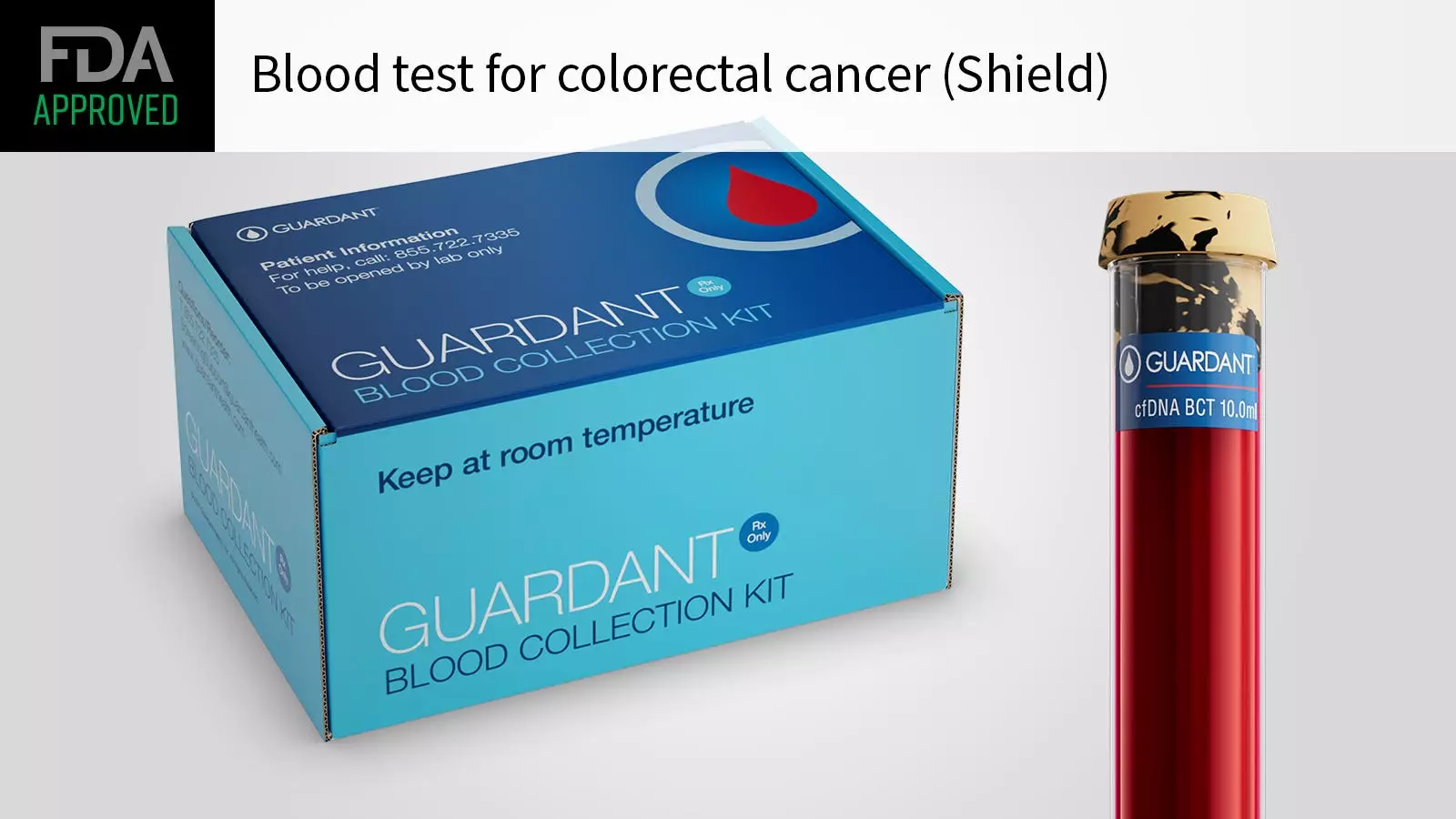The recent FDA approval of the Shield blood test for colorectal cancer (CRC) screening in adults aged 45 and older at average risk has garnered significant attention. Guardant Health announced that the approval marks a milestone as Shield becomes the first blood test approved by the FDA as a primary screening option for CRC. It is crucial to examine this development critically to understand its implications and potential impact on CRC screening rates and early cancer detection.
The FDA’s endorsement of the Shield blood test for CRC screening is based on the results from the ECLIPSE study, which demonstrated a sensitivity of 83% for CRC and a specificity of 90% for advanced neoplasia. While these results are promising, concerns have been raised about the test’s low sensitivity for advanced adenomas. The product information for Shield acknowledges its limitations, stating that it has limited detection of stage I colorectal cancer and does not detect the majority of precancerous lesions.
Guardant highlighted the low CRC screening rate in the U.S., currently at 59%, falling short of the National Colorectal Cancer Roundtable’s goal of 80% for eligible individuals. Dr. Daniel Chung, an investigator on the ECLIPSE study, emphasized the significance of the Shield blood test approval in addressing this gap. He stated that the approval represents a substantial advancement in closing the screening rate disparity and making screening more accessible to a larger population.
Dr. William Grady, a co-investigator on the ECLIPSE study, praised the Shield blood test as a promising tool for early colorectal cancer detection. He highlighted its accuracy rate, comparable to stool tests used for cancer detection, providing a convenient alternative for patients who may hesitate to undergo traditional screening methods. However, it is essential to recognize that the test’s efficacy varies for different stages of cancer and precancerous lesions.
The ECLIPSE study evaluated the Shield blood test in a population of adults at an average risk for CRC undergoing routine screening with colonoscopy. The test demonstrated a sensitivity of 88% for screening-relevant CRCs and varying sensitivities for different cancer stages. While the test identified all stage IV CRCs, its sensitivity for advanced precancerous lesions was notably lower, posing a concern for early detection and prevention.
Shield is now available for eligible individuals by prescription through healthcare professionals, with expectations for coverage for Medicare beneficiaries. This accessibility could potentially increase CRC screening rates and aid in earlier cancer detection, ultimately saving more lives.
The FDA approval of the Shield blood test for CRC screening represents a significant advancement in the field of early cancer detection and prevention. While the test offers promising benefits and greater accessibility, it is crucial to acknowledge its limitations and consider its implications for screening rates and overall public health. Ongoing research and monitoring of the test’s efficacy will be essential to optimize its role in colorectal cancer screening and improve patient outcomes.


Leave a Reply